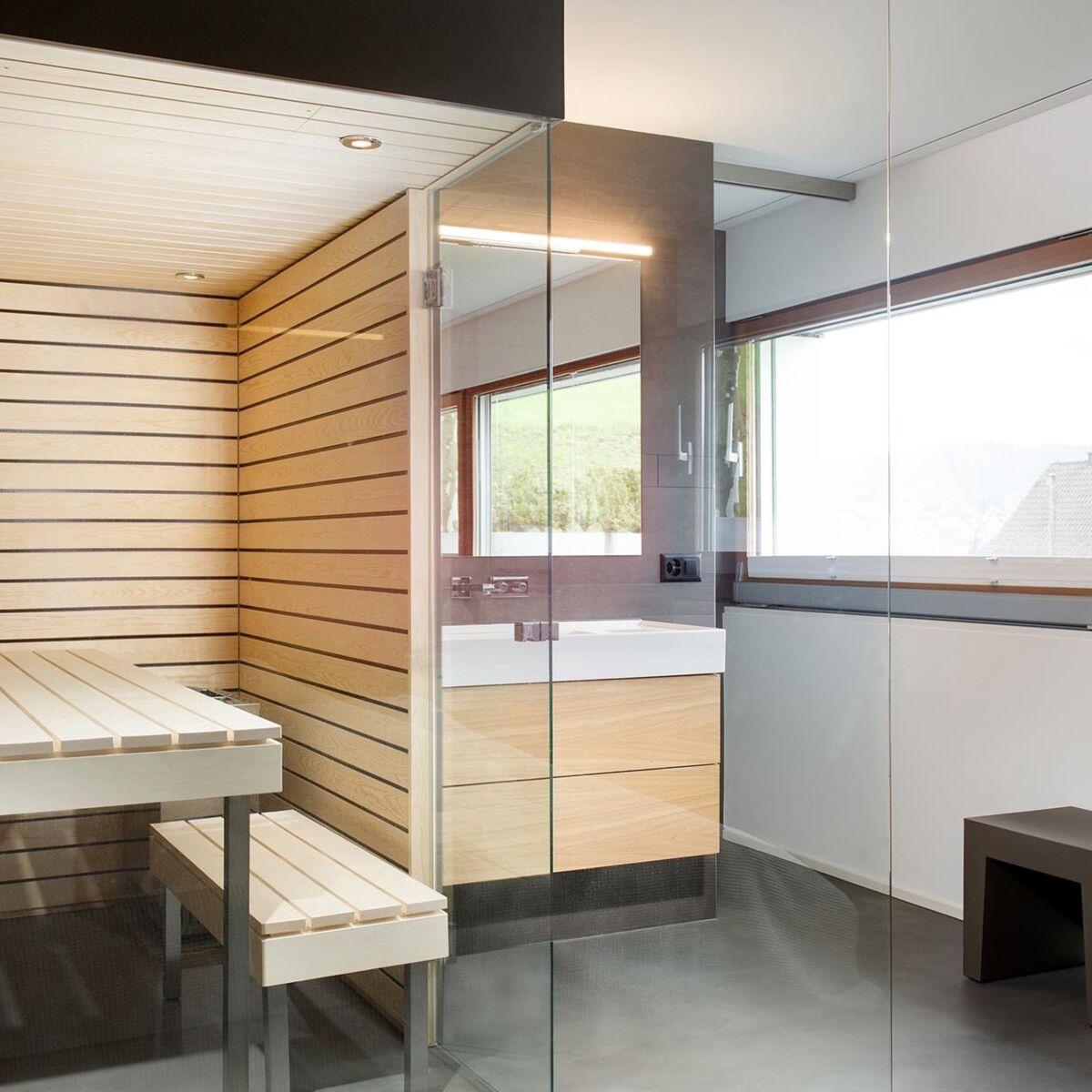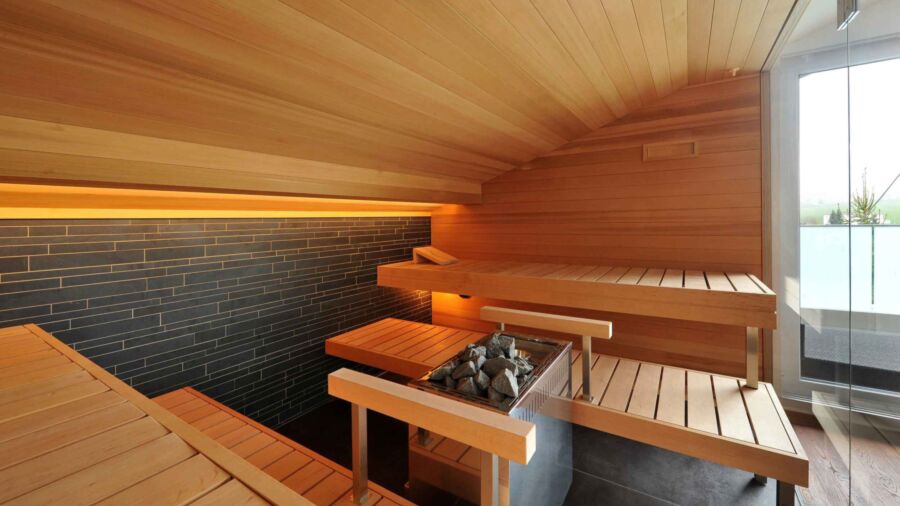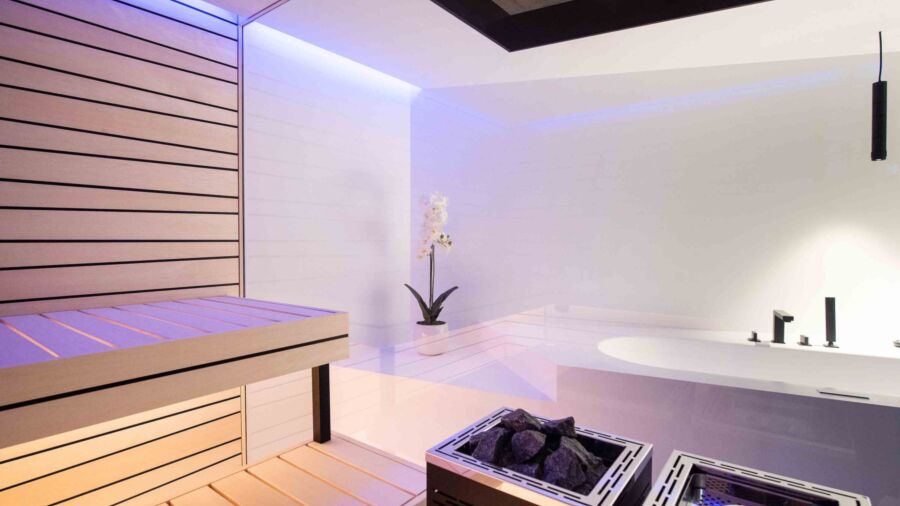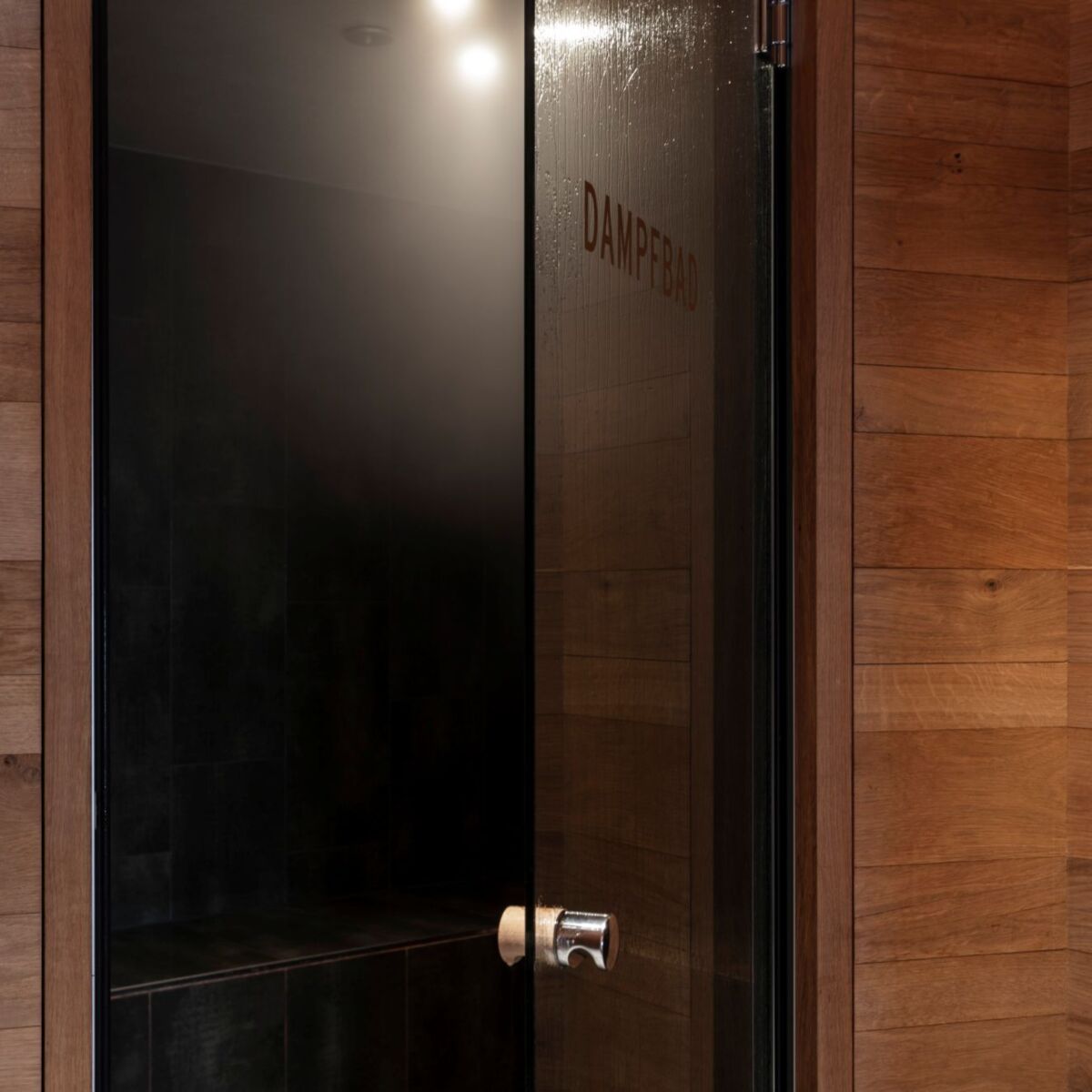The effects of the sauna on blood pressure
High blood pressure, medically referred to as hypertension, is a common health problem that affects a significant number of people. Due to its potentially serious effects, many are looking for alternative treatments to regulate their blood pressure. In this context, the sauna is seen as a possible non-drug treatment option. Ready to learn more about the beneficial effects of sauna? Learn more, including insights and tips on how the sauna can affect blood pressure.

Natural relaxation: positive influence of the sauna on blood pressure
Regular saunas offer a variety of health benefits that go beyond pure pleasure and relaxation. A significant part of these benefits is the promotion of relaxation and the reduction of stress. The transition from the hectic pace of everyday life to the calm atmosphere of the sauna can help to relieve both physical and mental tension. The effect is often immediate: muscle tension is released, the mind calms down and a general feeling of calm and serenity spreads.

In addition to this immediate stress reduction, regular sauna visits also strengthen the immune system in the long term. Sweating in the sauna can help to kill pathogens and increase the production of certain immune cells, which strengthens the body's resistance to illness. This can help prevent infections and aid recovery from existing health problems.
However, it is important to emphasise that the frequency and duration of sauna visits should be individualised. Some people may benefit from more frequent visits, while others may find it less beneficial. People with certain medical conditions or health concerns should always consult their doctor before incorporating regular visits to a sauna into their routine.
Beneficial relaxation: the safe use of the sauna for high blood pressure
Using the sauna for high blood pressure can provide beneficial relaxation and initiate a reduction in blood pressure, but it is crucial to observe certain precautions. It is advisable to find out about potential effects before going to the sauna to ensure personal tolerance and safety. Here are important points to consider, particularly in relation to the impact of the sauna on blood pressure:
- Medical consultation: Before using the sauna, it is advisable to consult a doctor to understand individual risks and make appropriate adjustments.
- Temperature control: Avoid extreme heat. Start with lower temperatures and shorter sessions to see how the body reacts.
- Hydration: Stay hydrated, drink plenty of water before and after the sauna to compensate for fluid loss.
- Breaks: Take regular breaks to cool down your body and stabilise your blood pressure.
- Symptom monitoring: Watch out for signs such as dizziness, malaise or increased heart rate. Stop the sauna session immediately if you experience such symptoms.
- Continuous monitoring: People with high blood pressure should monitor their blood pressure regularly to ensure that sauna use does not have any undesirable effects.
Conclusion: The link between high blood pressure and sauna
Overall, sauna use offers a variety of options for people with high blood pressure (hypertension) or other health concerns, including the possibility of a home sauna.. However, it is important to consider individual differences and health conditions, especially in relation to blood pressure. A full understanding of one's health and consultation with a doctor is crucial to ensure that sauna use is safe and beneficial, especially for those with elevated blood pressure. Discover now the options for a first-class sauna construction in Switzerland and create a relaxing oasis for well-being and recreation.











